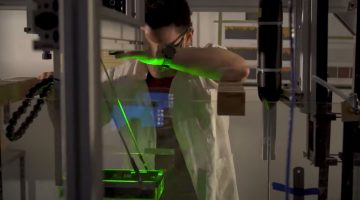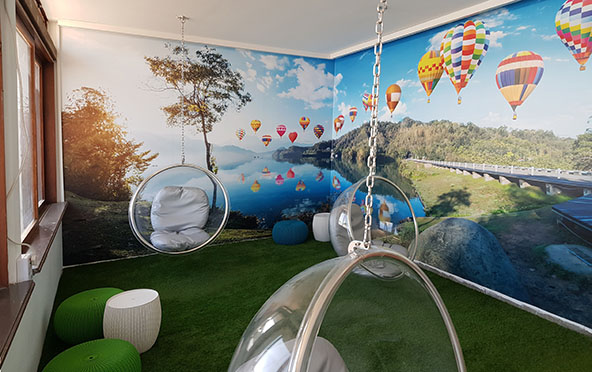Technion is the leading science and technology university in Israel. Its mission is to be among the best in the world in two primary areas:
- developing cutting-edge technologies
- educating engineers and scientists to be leaders in implementing state-of-the-art know-how in Israel in order to ensure Israel’s independence, security, well-being, and economic growth, an aim which derives from the Technion’s vision
Technion’s Vision: To be among the world’s top 10 science and technology research universities, dedicated to the creation of knowledge and the development of human capital and leadership for the advancement of the State of Israel and all of humanity.
This vision has guided the Technion throughout its history. Over the years, the various departments that were developed responded to the needs of the country, as well as contributed to international scientific and technological developments. The Faculty of Civil Engineering and the Faculty of Agricultural Engineering were among the first academic departments at the Technion, and they reflected the top priority of the construction and settlement of Eretz Israel for establishing the Zionist vision, setting the borders for the modern State of Israel and creating the infrastructures needed for its development and growth. Throughout the years, the two faculties met these challenges successfully. The Faculty of Civil Engineering was chosen as one of the top 10 departments worldwide in a recent evaluation by an international academic committee. Faculty and alumni of the two departments have taken on leadership roles in the design and implementation of national projects in civil engineering and agriculture in Israel. The two faculties were merged in 2002 into the new Faculty of Civil and Environmental Engineering in order to leverage the synergy between the two and meet the new challenges of sustainable development.











